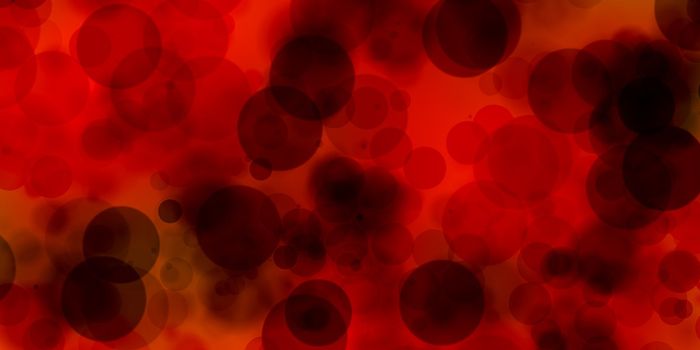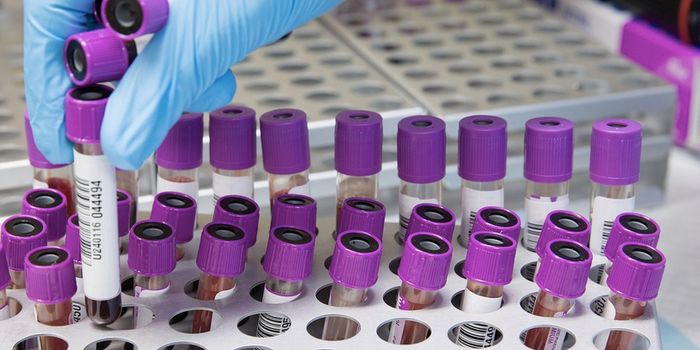Inhalable Anti-COVID Nanobodies Show Promising Results in Hamsters
Nanobodies are small fragments of monoclonal antibodies that from a therapeutic perspective are more stable and cheaper to produce. Researchers have shown for the first time that inhalable nanobodies against SARS-CoV-2 can prevent and treat severe COVID in a hamster model of the disease.
The immune systems of camels, dromedaries, llamas, and alpacas feature this unique miniature antibody, which has been of particular interest to researchers for their application as therapeutic biologics. While most antibodies have both heavy and light chains, nanobodies have only heavy chains, making them around a tenth of the size of a monoclonal antibody.
In the study, small inhaled doses of the experimental nanobody treatment called Nanobody-21, or PiN-21, neutralized the coronavirus in infected animals, reducing the number of infectious viral particles in their respiratory tracts by a million-fold. Additionally, breathing in PiN-21 also had a protective effect when the hamsters were administered the treatment at the time of the infection. Even ultra-low doses of the nanobody were found to be effective, shielding the animals against inflammation and damage to their respiratory tracts.
“Inhalation treatment quickly reverses animals’ weight loss after infection, decreases lung viral titers by 6 logs leading to drastically mitigated lung pathology, and prevents viral pneumonia,” wrote the authors.
Senior author of the study, Yi Shi said: “By using an inhalation therapy that can be directly administered to the infection site—the respiratory tract and lungs—we can make treatments more efficient.”
“We are very excited and encouraged by our data suggesting that PiN-21 can be highly protective against severe disease and can potentially prevent human-to-human viral transmission.”
The physical characteristics of nanobodies make them particularly well suited to be delivered as aerosols—tiny particles that when breathed in, reach deep into the intricate lung structures. With their dual function as both a treatment and a prophylactic, nanobodies may represent an urgently-needed complementary approach to vaccination.
The research team, which consists of nanobody, infectious disease, and aerobiology experts, is continuing to explore PiN-21 as a potential clinical drug candidate.
Sources: University of Pittsburgh, Science Advances.









